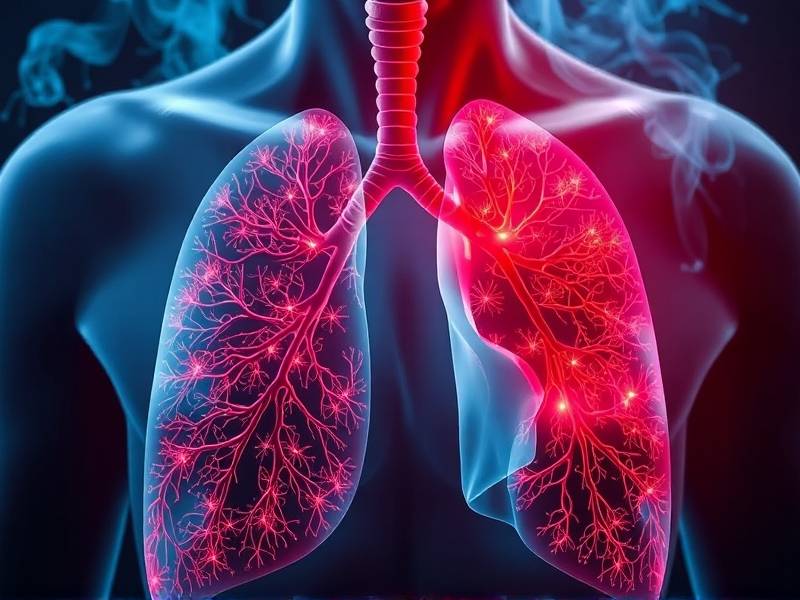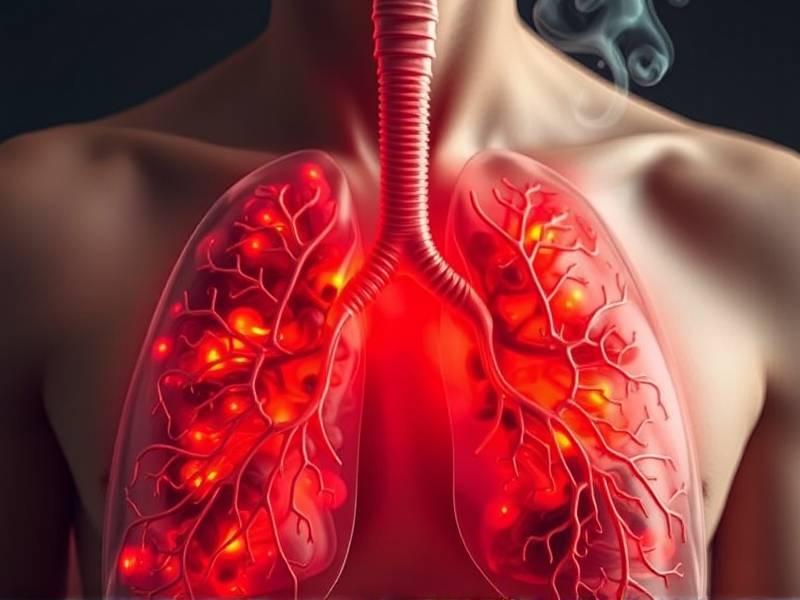Will Your Lungs Really Heal After You Quit Smoking?
Will Your Lungs Really Heal After You Quit Smoking?

Introduction: The question of whether one's lungs can heal after quitting smoking is a common concern among smokers looking to quit. The good news is that the human body has an incredible ability to repair and regenerate itself, and quitting smoking can significantly improve lung health. In this article, we'll explore the process of lung healing after quitting smoking and provide insights from medical experts.
Section 1: The Damage Caused by Smoking Smoking is a leading cause of chronic obstructive pulmonary disease (COPD), a progressive lung disease that makes it difficult to breathe. The chemicals in cigarettes can cause inflammation and damage to the airways, alveoli, and other lung structures. It's essential to understand the extent of the damage before delving into the healing process.

Section 2: The Healing Process When you quit smoking, your lungs begin to heal almost immediately. Here are some key points about the healing process:
- Within 48 hours of quitting, carbon monoxide levels in your blood drop significantly.
- Within two weeks to three months, your breathing improves as your cilia (the tiny hair-like structures that help move mucus out of your lungs) begin to regrow.
- Within three to nine months, coughing and shortness of breath decrease as your lungs continue to clear out mucus and debris.
- After one year of not smoking, your risk of heart disease is reduced by half compared to that of a current smoker.
- After five years without smoking, your risk of stroke is similar to that of someone who has never smoked.
- Ten years after quitting, your risk of lung cancer drops by half compared to a continuing smoker.
Section 3: Factors Influencing Lung Healing Several factors can influence how quickly your lungs heal after you quit smoking:
- Age: Younger individuals tend to heal faster than older ones due to their bodies' higher regenerative capacity.
- Duration of smoking: The longer you've smoked, the more extensive the damage may be. However, quitting at any age will still provide health benefits.
- Severity of smoking: Heavier smokers may experience more significant improvements in lung function compared to lighter smokers.
- Overall health status: People with other health conditions may have slower healing processes.
Conclusion: Quitting smoking can lead to significant improvements in lung health over time. While it's essential to acknowledge the extent of damage caused by smoking, it's also crucial to recognize that your body has a remarkable capacity for healing. By making the decision to quit smoking, you're taking an important step towards better overall health and well-being. Remember that every day without a cigarette brings you one step closer to healthier lungs!
